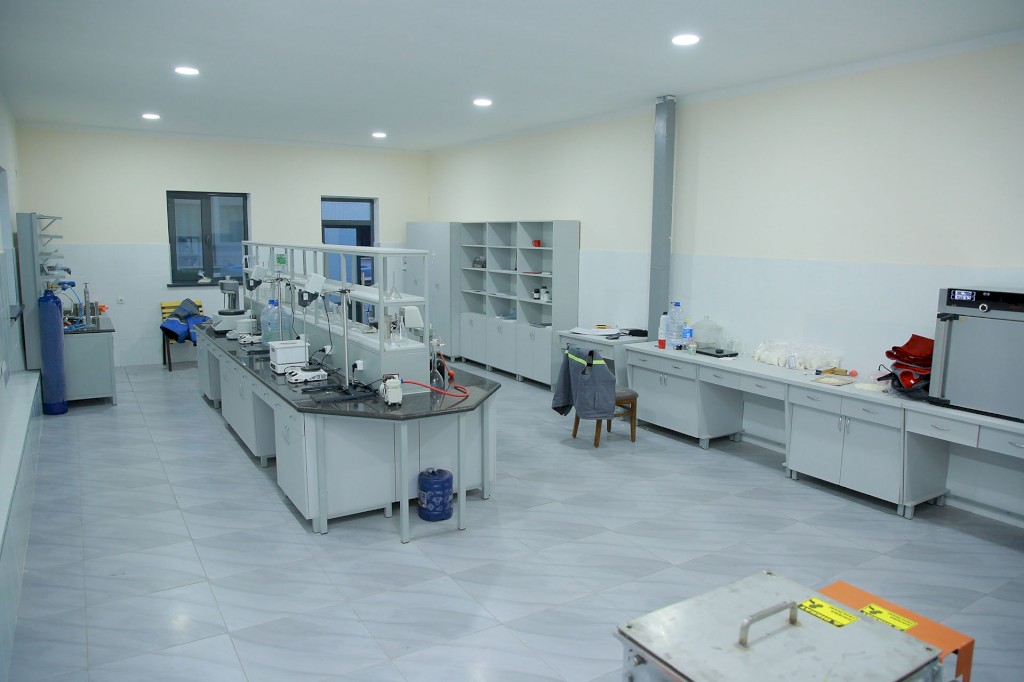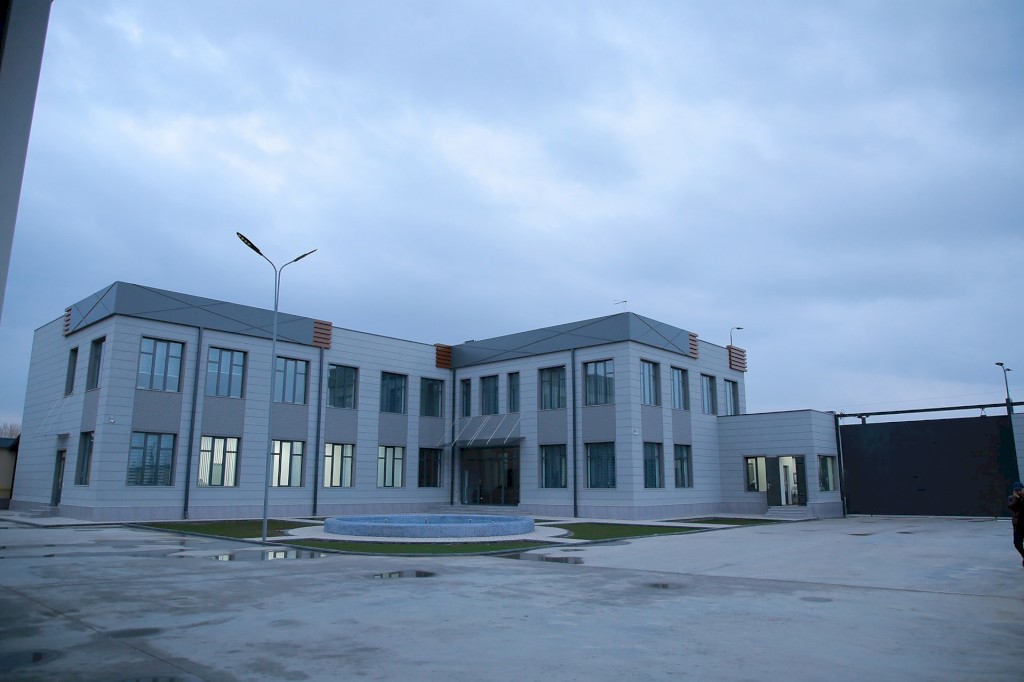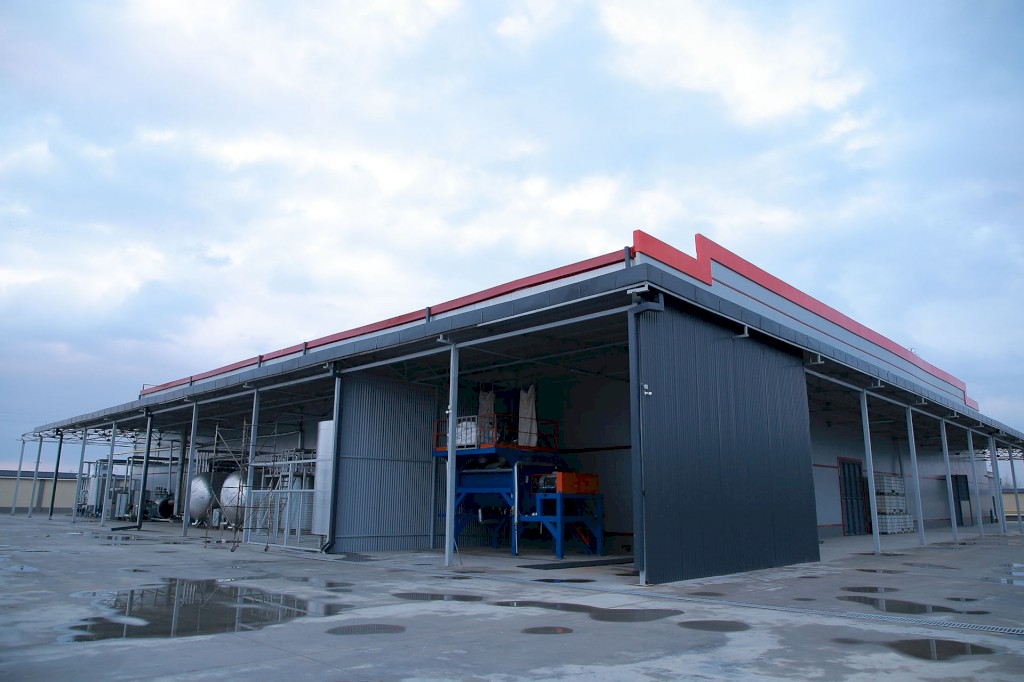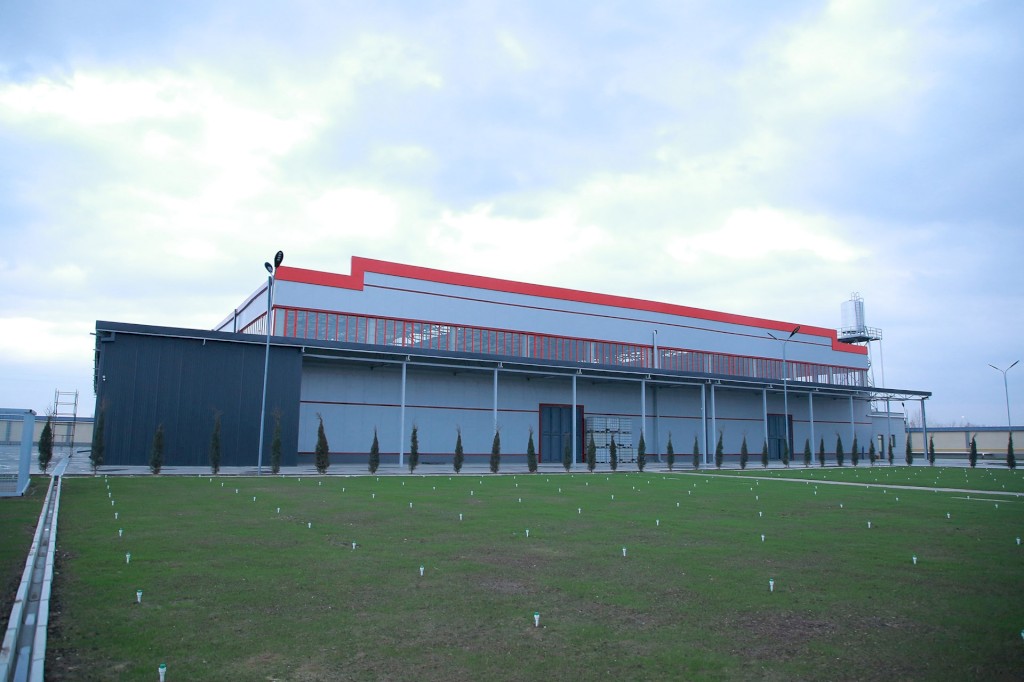"TASHKENT POLYMER SYNTEZ" LLC
-
Product category: Chemical products
-
Region:Tashkent
Company profile
|
Indicators |
Information |
|
Name |
«Tashkent polymer syntez» LLC |
|
Business type |
Manufacturer |
|
Main products |
Cellulose |
|
Year established |
|
|
Total employees |
|
|
Country/ region |
Tashkent, Uzbekistan |
|
Ownership |
Private |
|
Occupied area, ha |
|
|
Certifications |
|
|
Main markets |
"TASHKENT POLYMER SYNTEZ" LLC
"Tashkent Polymer Syntez LLC is the youngest, most modern, technological and dynamically developing enterprise for the production of CMC and PAC in the CIS countries."
The enterprise was organized and equipped under the license and technology of the world leader in the industry for technical brands, the company - USK KIMYA, Turkey. Years of experience and knowledge of USK KIMYA, combined with the dedication and excellent management of the staff of Tashkent Polymer Sintez LLC, allowed launching a new enterprise in the shortest possible time.
Today, the company produces 7 technical grades of CMC and PAC that satisfy the needs of most consumers.
A modern own laboratory allows you to carefully control the quality of the products sold and conduct research according to the requirements set by consumers.
Today, the company produces 7 technical grades of CMC and PAC that satisfy the needs of most consumers. All products are made from high quality cotton cellulose. Today we can offer for supply technical grades CMC (Sodium salt of carboxymethyl cellulose) and PAC (Polyanionic cellulose) for use in the following areas:
- Drilling oil and gas wells as a shale slurry stabilizer;
- Manufacture of synthetic detergents;
- Manufacture of water-soluble paints;
- Construction industry as an adhesive;
A modern own laboratory allows you to carefully control the quality of the products sold and conduct research according to the requirements set by consumers.
For a short period, our products have been tested and successfully started to be used by Uzbekistan's drilling companies - Uzbekneftegaz, ERIELL and EPSILON DEVELOPMENT. We are able to promptly deliver products to the recipient in the CIS countries.
CMC - this is how carboxymethyl cellulose is designated. However, it is more correct to call it the sodium salt of carboxymethyl cellulose. CMC is obtained from wood or cotton cellulose, which becomes water-soluble as a result of chemical reactions. This is achieved through carboxymethyl groups that allow hydration of the molecule.
These substitutions in the structure of the molecule are connected to the cellulose skeleton by irreversible ether bonds, and therefore CMC is referred to the so-called group of substances called cellulose ethers.
It is important to take into account that carboxymethyl groups have an acidic function, which means that CMC is an anionic polyelectrolyte.
The main properties of CMC are:
- Thickening;
- Suspension;
- Water binding;
- Moisture retention;
- Formation of structural links;
- Film formation, crusting on the surface;
- Stabilization.
Main characteristics. Viscosity.
A very important and useful property of CMC is its ability to transfer viscosity to its aqueous solutions. Such solutions can be prepared over a wide range of viscosities. The various grades of CMC range from low molecular weight to high molecular weight polymers. Their solutions, accordingly, behave from almost Newtonian to strongly pseudo plastic fluids, which means that the viscosity will change under the influence of various physical forces. Also, the viscosity depends on the applied shear force. The data is confirmed by practice, when the viscosity decreases when the CMC solution is stirred, pumped or sheared in any other way. The pseudo plasticity of the flow behavior is due to the splitting and orientation of the CMC molecules in the direction of the flow. Grades of high molecular weight CMC are less resistant to shear stress than lower molecular weight CMC. The viscosity of CMC solutions with the lowest molecular weight hardly changes under the influence of shear forces; therefore, the behavior of such solutions can be called almost Newtonian.
Main characteristics. Degree of substitution for carboxymethyl groups (C3).
The degree of substitution, DS, is one of the most important characteristics of a CMC. It affects not only the solubility of CMC molecules, but also the properties of the solution. By definition, SD is the average number of carboxymethyl groups per anhydroglucose unit. Theoretically, SZ can reach 3. But, the average SZ range for commercially available CMC grades ranges from 0.5-1.5. High DS values usually improve the solubility of CMC and stabilize the viscosity in the presence of salts and lower pH values.
Product catalog of this supplier
Categories:
"TASHKENT POLYMER SYNTEZ" LLC
Address: Tashkent region, Yukorichirchik district, Tinchlik MFY, mahalla Gulbog
Contacts: +998 90 983 99 44
E-mail: tashkent.polymer.sintez@gmail.com
Website: www.green-cmc.com




